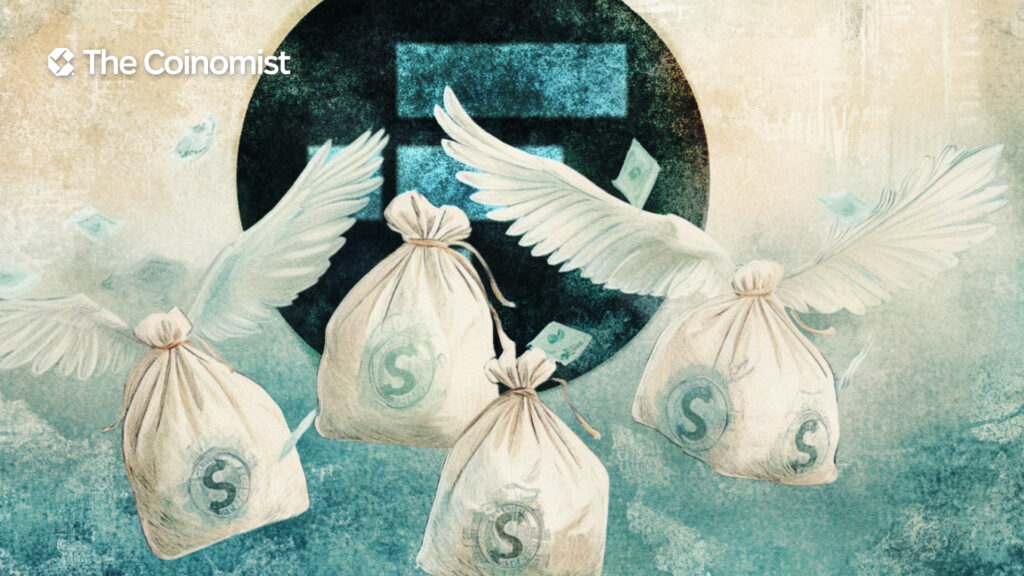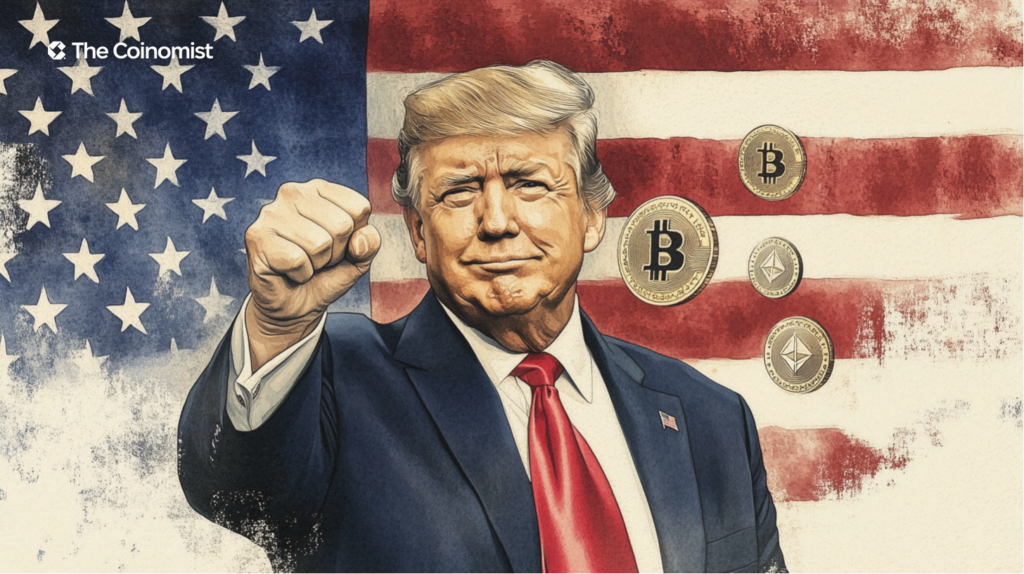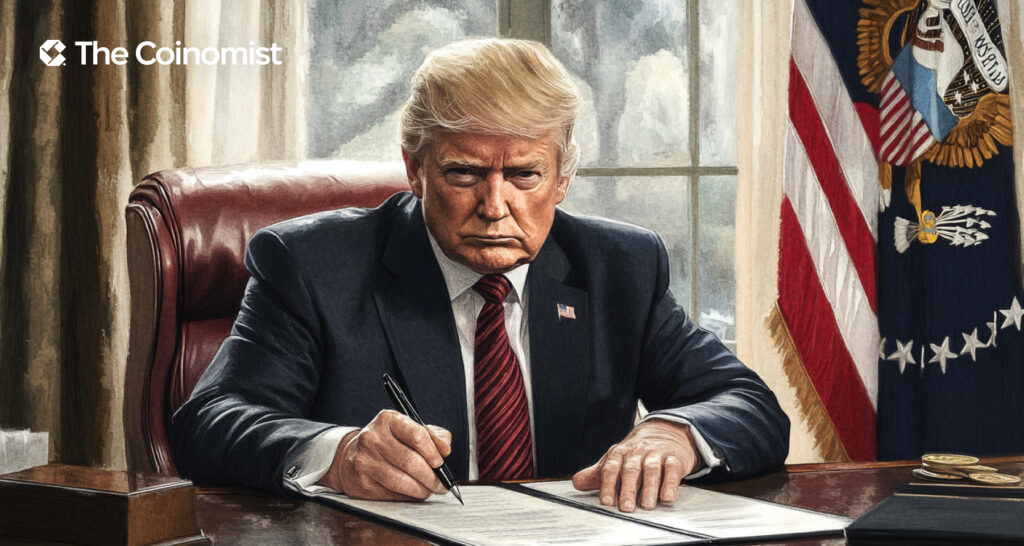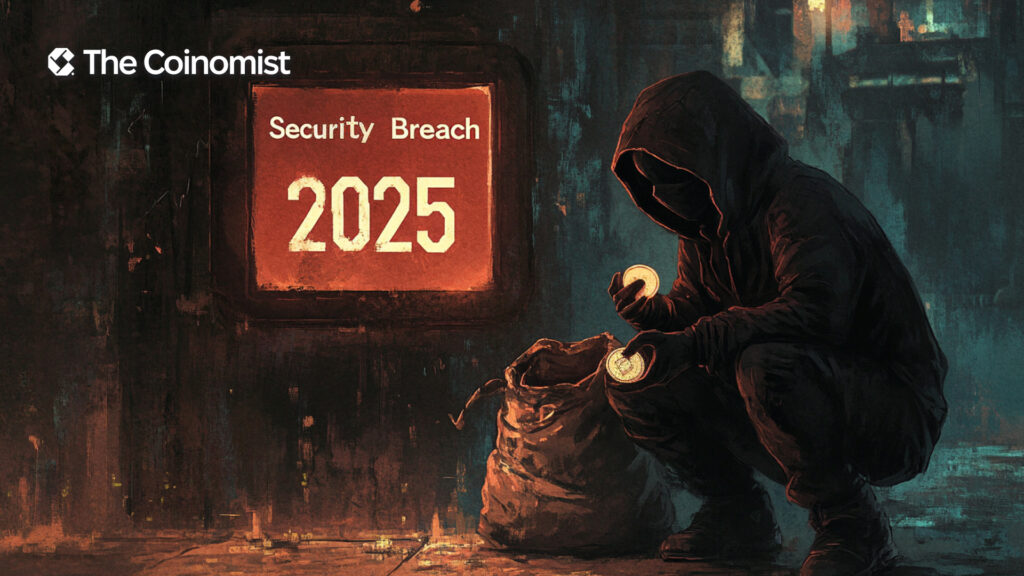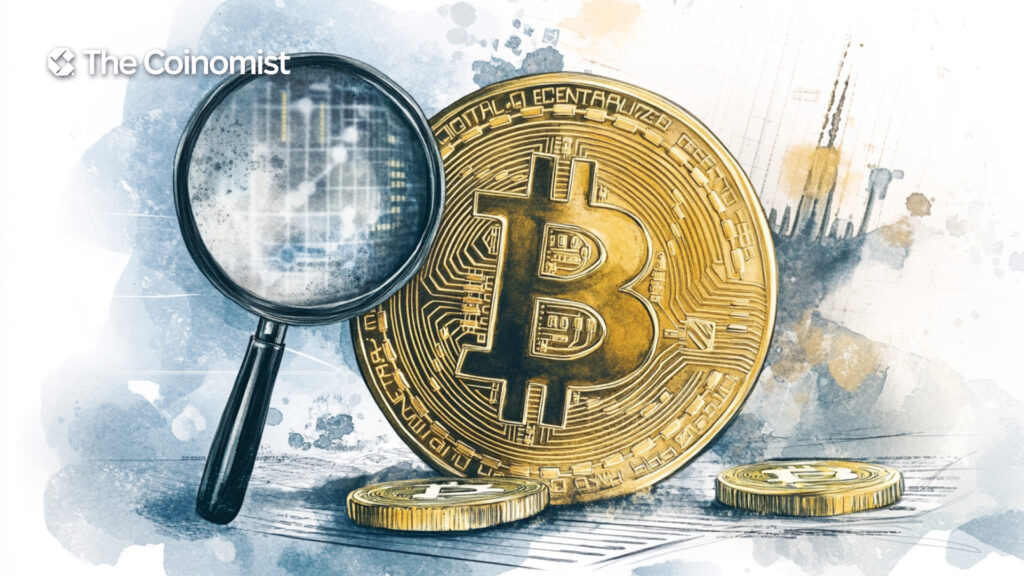Upbit’s Sanctions on New Clients Temporarily Lifted by Court

The three-month ban on Upbit has been temporarily lifted by the Seoul Administrative Court, allowing the platform to continue onboarding new users.
The ruling made on March 27, 2025, has become a major turning point for South Korea’s largest crypto exchange, Upbit. The judge believes that the sanctions imposed by the FIU might not hold up legally. Still, the damage to the company’s economy and reputation would be massive and irreparable.
Originally, the sanctions were set to start on March 7, but with a hearing set for March 13 about delaying the decision, the court chose to push back the ruling for a few weeks. Without this new decision, these partial sanctions would’ve kicked in on March 28, 2025.
Why the Sanctions Were Imposed
The regulator initially imposed a three-month ban that prevented deposits and withdrawals by new users. This sanction was grounded in accusations of collaboration with unregistered virtual asset providers, recurring KYC violations, and possible breaches in anti-money laundering procedures.

According to the FIU, Upbit’s audit uncovered:
- Between 500,000 and 600,000 potential KYC violations,
- 45,000 unregistered crypto exchange transactions with international platforms.
The regulator argued that these actions endangered the financial stability of the system, threatened market security, and conflicted with the core values of transparency and responsibility embedded in South Korean financial law.
Dunamu, which owns Upbit, swiftly filed a legal challenge following the announcement of sanctions. With the court’s support, the exchange now has the opportunity to thoroughly review the charges and mount a strong legal case.
Upbit officials remain confident that the full investigation will clear up the matter and dispel the current concerns.
Check this out: South Korea’s Central Bank Says No to Bitcoin Reserve
South Korea Expands Regulatory Reach Over Crypto
While Upbit fights its legal battle, South Korea’s regulators are pushing forward with broader efforts to tighten oversight of the crypto space.
Since late 2024, the government has been auditing leading crypto exchanges and drafting updates to the existing crypto laws. On the table: tougher rules for international digital asset transfers and fresh sanctions targeting unlicensed foreign exchanges.
Experts say the Upbit case is just one example of a global reality: crypto regulation is tightening across the board. In the U.S., despite a relatively pro-digital asset stance from the current administration, officials are developing tailored laws that include clear guardrails. And they’re not alone—governments worldwide are drawing their lines.
At the heart of it all lies the same challenge: fostering technological progress without undermining financial stability.
Read on: Bithumb’s Former CEO Accused of Embezzlement—Prosecutors Raid HQ
The content on The Coinomist is for informational purposes only and should not be interpreted as financial advice. While we strive to provide accurate and up-to-date information, we do not guarantee the accuracy, completeness, or reliability of any content. Neither we accept liability for any errors or omissions in the information provided or for any financial losses incurred as a result of relying on this information. Actions based on this content are at your own risk. Always do your own research and consult a professional. See our Terms, Privacy Policy, and Disclaimers for more details.









